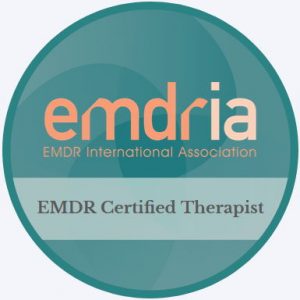
Talk to Your Children about Their Family History
It is scary to be diagnosed with depression. However, it’s a lot less scary to be diagnosed with depression when you know that your grandmother and your uncle on your mother’s side also had it. We may live in the age of biological psychiatry, and the NIH may have just announced their plan to map the human brain http://www.neuroscienceblueprint.nih.gov/connectome/, but we are still haunted by a view of brain illnesses that led our forefathers to drill holes in the skulls of depressed persons to let out the evil spirits. Stigma is alive and well. But its impact is reduced by the realization that, “It’s not my fault.” Moreover, people diagnosed with the illness may be more open to the proven treatments (talk therapy combined with medication) when shown evidence that the predisposition is inherited, not a function of personal failure. Most of my new patients with the illness have no idea that they are suffering from depression; they just know that they are suffering — sometimes for 30 years. Without treatment. Blaming themselves. Concluding that they are worthless and that their situation is hopeless.
If depression runs in your family, do your children a favor. Save them potentially years of suffering. Tell them about it.
Share this post




